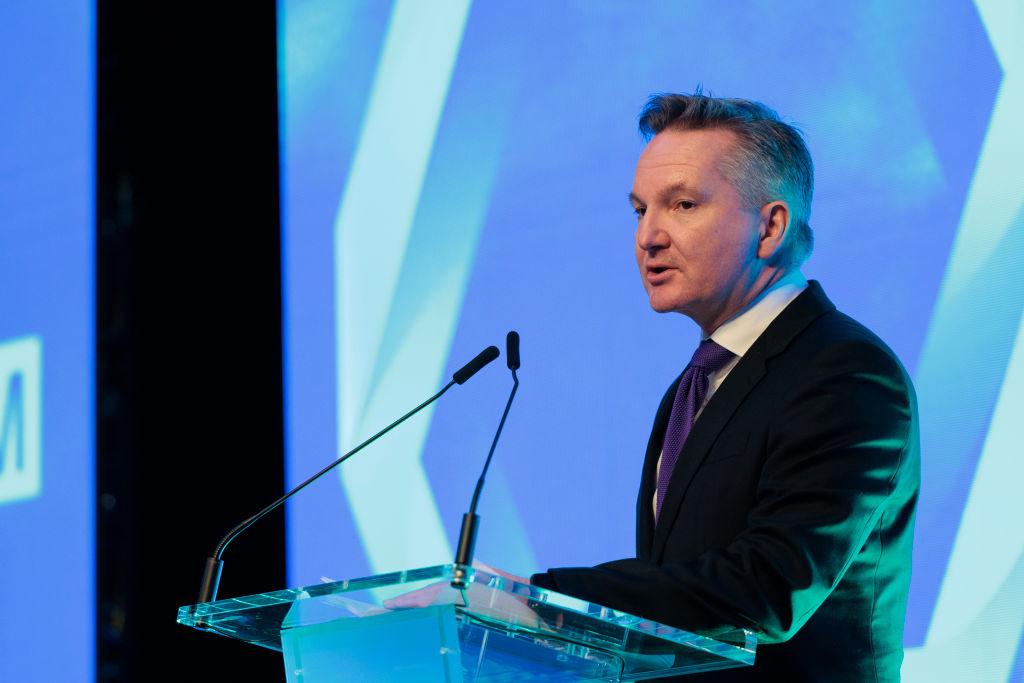Climate Change and Energy Minister Chris Bowen has brushed off the Greens’ proposal to ban coal and gas developments as the centre-left government seeks to pass the climate safeguard mechanism in the upper house.
Labor’s safeguard mechanism, which would deal the resource sector a heavy blow, would mandate Australia’s 215 businesses that emit the highest levels of greenhouse gas cut their emissions by 4.9 percent each year.




